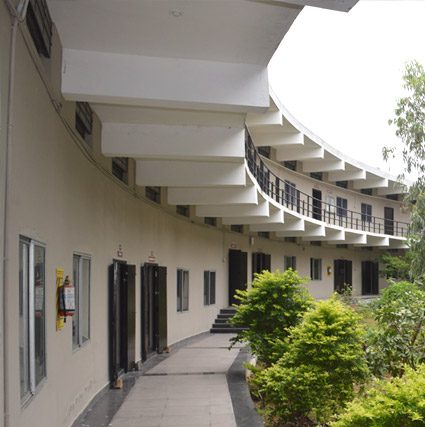
Integration of Research into Curriculum: Incorporating research components into pharmacy curricula allows students to engage in hands-on learning experiences that deepen their understanding of scientific principles and methodologies. This may involve integrating research projects, laboratory exercises, and research-focused coursework into the curriculum to provide students with opportunities to apply theoretical knowledge to real-world problems.
Experiential Learning Opportunities: Offering experiential learning opportunities, such as research internships, clerkships, or externships, enables students to gain practical research experience under the guidance of faculty mentors and researchers. These experiences expose students to various aspects of the research process, including experimental design, data collection, analysis, and interpretation, thereby preparing them for careers in research or advanced practice.
Ensuring high quality education for the safe efficacious and effective use of medications.
Contributing towards the wellbeing and welfare of the community.